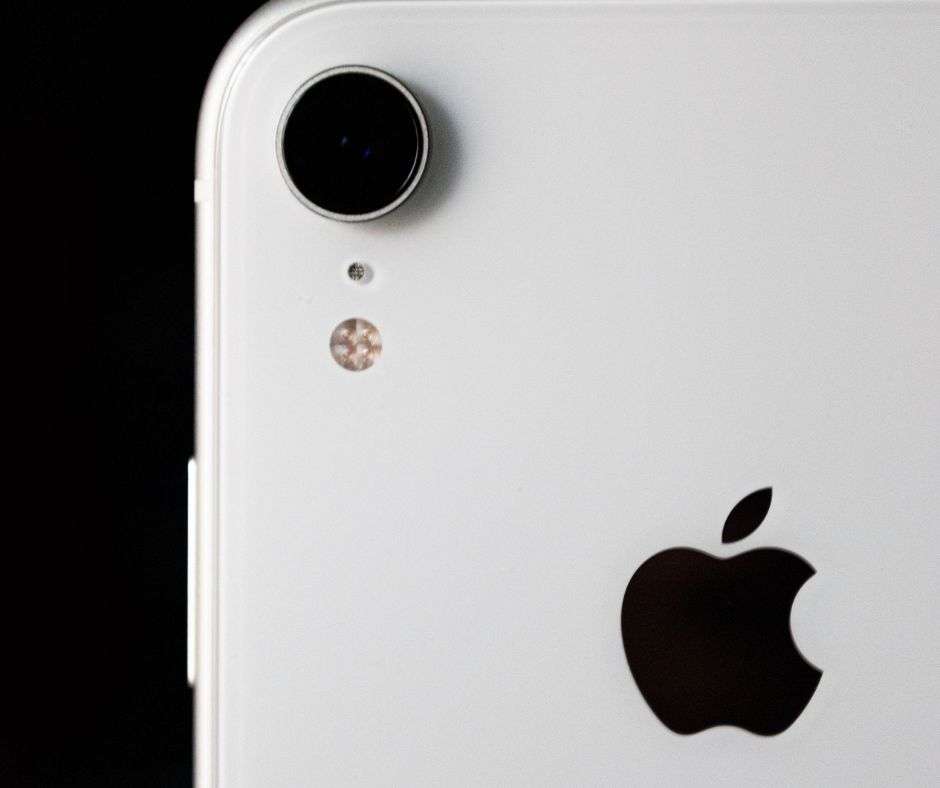The Illusion of Privacy: Unveiling Apple’s Alleged Monopolistic Practices
In an astonishing move, the U.S. Department of Justice (DOJ) has taken a stance against tech giant Apple, accusing it of manipulating its privacy and security practices to serve its financial interests. The lawsuit alleges that Apple’s assurances of privacy and security are a mere facade, concealing anticompetitive actions tailored to protect its monopoly. Let’s delve deeper into the core aspects of the DOJ’s claims and their potential impact on users and the tech industry as a whole.

The Elastic Shield of Privacy | DOJ’s Case Against Apple’s Privacy Claims
The DOJ’s scathing criticism is encapsulated in a striking phrase: “Apple deploys privacy and security justifications as an elastic shield that can stretch or contract to serve Apple’s financial and business interests.” It insists that Apple exploits the concepts of privacy and security, leveraging them as tools to maintain a stranglehold on the market. This paints a disconcerting picture, indicative of a company that prioritizes profit over its users’ best interests.
App Store Quandary
One of the focal points of the DOJ’s indictment is the issue of app distribution on Apple’s platforms. The complaint highlights Apple’s alleged obstruction of alternative app stores, presenting a challenge to the diversity and innovation in the app ecosystem. The case also delves into the controversy surrounding the restriction of “super apps,” shedding light on the potential for better alternatives to flourish, given access to services beyond the scope of the App Store.
Messaging Woes
The DOJ further lambasts Apple’s policies regarding messaging, specifically pointing out the limitations imposed on third-party apps in receiving carrier-based messages (SMS). This purported restriction casts a shadow on the app developers’ ability to deliver comprehensive messaging experiences, perpetuating an environment of controlled communication, allegedly to the detriment of users and developers.
Questionable Data Sharing Practices
The lawsuit raises concerns about Apple’s handling of personal and sensitive data, suggesting that the tech behemoth utilizes vast amounts of user data for the distribution of apps through its App Store. Additionally, it challenges Apple’s decision to collaborate with Google as the default search engine for Safari, despite purportedly superior alternatives with a stronger focus on privacy. This tussle over data and its dissemination further amplifies the controversy surrounding Apple’s privacy and security practices.
Implications for Users
The DOJ’s contentions, if proven true, bear significant ramifications for consumers. The allegations of Apple’s privacy and security posturing being a façade for anticompetitive maneuvers provide a stark revelation of potential user exploitation. Furthermore, the discussion over the restrictions on app distribution, messaging, and data sharing practices draws attention to the nuanced ways in which these policies can materialize into impediments for users seeking seamless experiences and greater choice.
In light of these developments, it is essential to closely monitor the unfolding legal battle between the DOJ and Apple. The implications could extend far beyond legal repercussions, potentially reshaping the landscape of digital privacy and user rights. As the case progresses, users and industry observers alike are keen to witness how these allegations could influence the future of privacy standards in the tech industry.
The lawsuit brought forth by the DOJ against Apple represents a pivotal moment in the ongoing discourse surrounding digital privacy, security, and the competitive dynamics within the tech sector. The claims put forth by the DOJ, if substantiated, could cast a revealing light on Apple’s practices and choices, potentially reshaping the contours of privacy and competition within the digital sphere. This legal saga stands as a testament to the increasingly complex interplay between technological innovation, competition, and user protection, fostering a vital discussion that resonates far beyond the confines of the courtroom.

